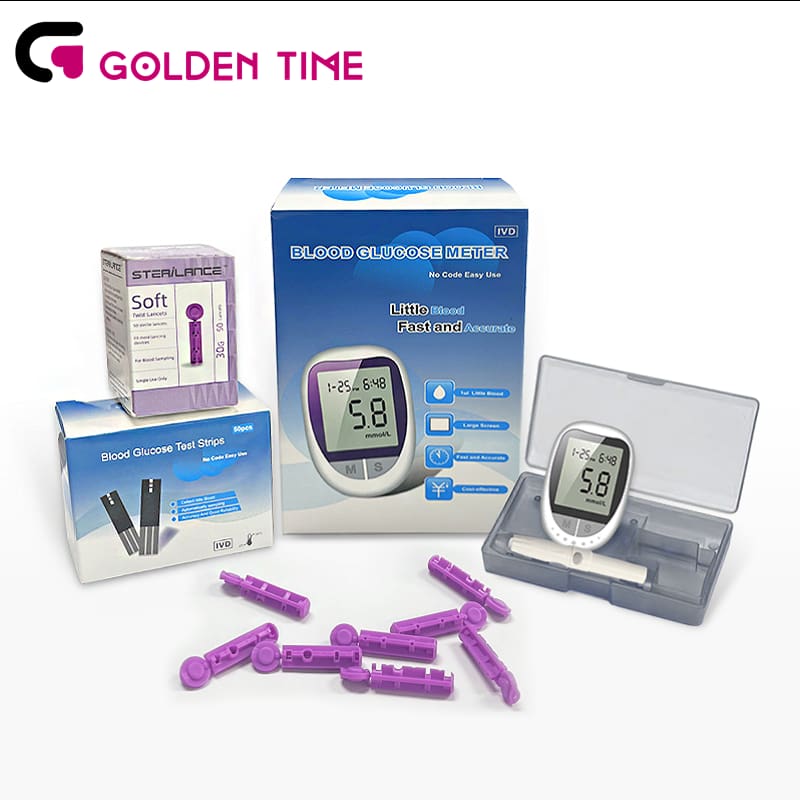Nov . 18, 2024 20:34 Back to list
Find Reliable Suppliers for HIV Screening Test Kits Online
Understanding the Importance of HIV Screening Tests Selecting the Right Supplier
HIV screening tests are crucial tools in the early detection and ongoing management of HIV infection. Early detection not only helps in initiating timely treatment but also plays a vital role in controlling the spread of the virus. As the demand for HIV testing increases globally, selecting a reliable supplier for these screening tests becomes imperative for healthcare providers and organizations. This article explores the factors to consider when choosing a supplier for HIV screening tests and the importance of quality in these diagnostic tools.
Understanding the Importance of HIV Screening Tests Selecting the Right Supplier
In addition to regulatory approvals, the supplier's reputation in the market also matters. A supplier with a long-standing history in the industry and positive reviews from healthcare professionals is likely to provide high-quality products. Engaging with suppliers that have established strong relationships with healthcare institutions can offer additional assurance of their reliability. Testimonials, case studies, and research studies showcasing the effectiveness of the tests can all contribute to making an informed decision.
buy hiv screening test supplier

Cost is another significant factor when selecting a supplier. While it is essential to find a cost-effective option, the cheapest test is not necessarily the best. Healthcare providers should conduct a cost-benefit analysis, considering not only the purchase price of the screening tests but also the quality, reliability, and support services offered by the supplier. Often, a slightly higher-priced test can save money in the long run by reducing the need for retesting due to inaccuracies.
Furthermore, the availability of support and training is an essential aspect of supplier selection. A reputable supplier should offer comprehensive training for healthcare providers on the proper use and interpretation of HIV screening tests. This training can empower healthcare professionals with the knowledge needed to confidently administer the tests and effectively counsel patients based on the results. Additionally, reliable suppliers often provide ongoing customer support, ensuring that healthcare providers have access to assistance whenever they encounter issues or challenges.
Supply chain reliability is another crucial consideration. The selected supplier should demonstrate an ability to deliver products consistently and punctually. Interruptions in the supply of testing kits can hinder healthcare providers' efforts to offer timely screening and diagnosis to patients. Thus, it is important to assess the supplier's logistics and production capacity to ensure they can meet the demand without compromising on quality.
In conclusion, choosing the right supplier for HIV screening tests is critical for effective healthcare delivery. By considering factors such as product reliability, supplier reputation, cost, training and support, and supply chain reliability, healthcare providers can optimize their selection process. High-quality HIV screening tests are not only essential for individual patient care but also for public health initiatives aimed at controlling the HIV epidemic. Making an informed decision about suppliers can ultimately lead to better health outcomes for communities at risk.
-
Accurate HCG Pregnancy Test Strips | Fast Home Use Kit
NewsJul.31,2025
-
Reliable Early Pregnancy Test Kit Supplier - Multi Plastic Cassette Options
NewsJul.30,2025
-
Transferrin Rapid Test Cassette – Reliable Tumor Marker Detection
NewsJul.29,2025
-
Accurate Follicle Stimulating Hormone Test Kit | Rapid Reliable Results
NewsJul.29,2025
-
High Accuracy LH Ovulation Test Kit - Digital Results & Wholesale Options
NewsJul.29,2025
-
HbsAg Blood Rapid Test Kit for Fast & Accurate Hepatitis B Detection
NewsJul.28,2025

